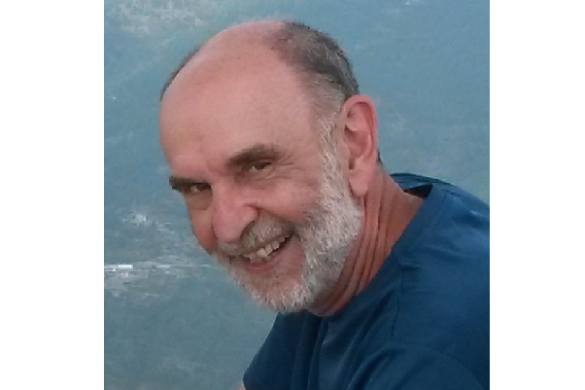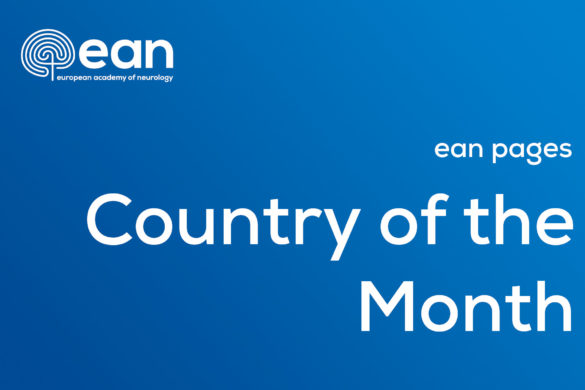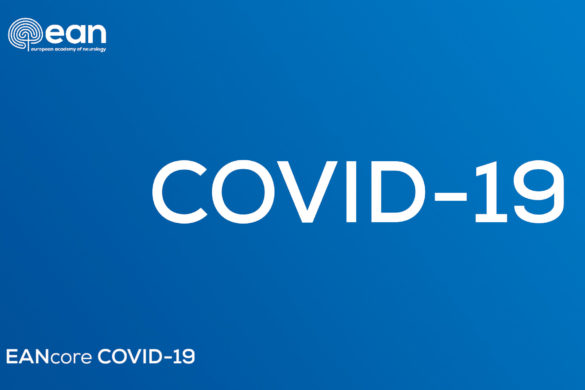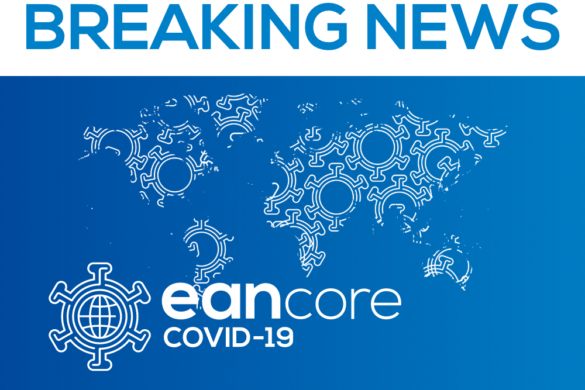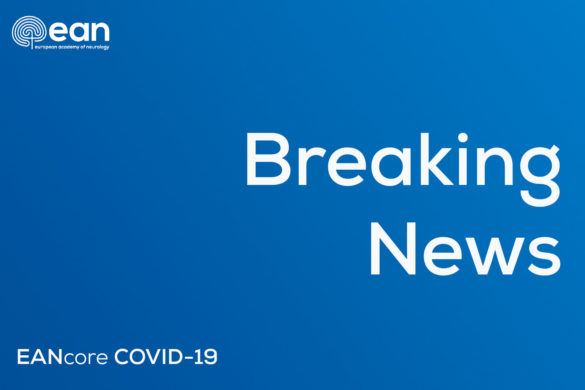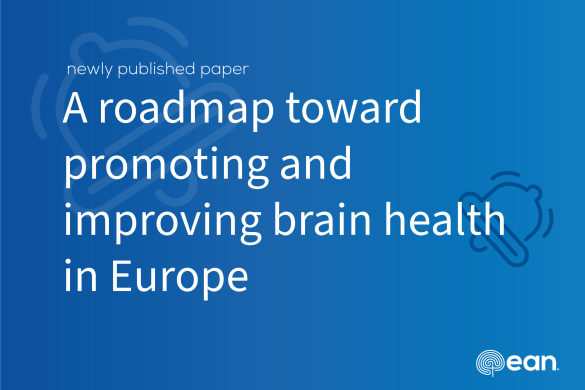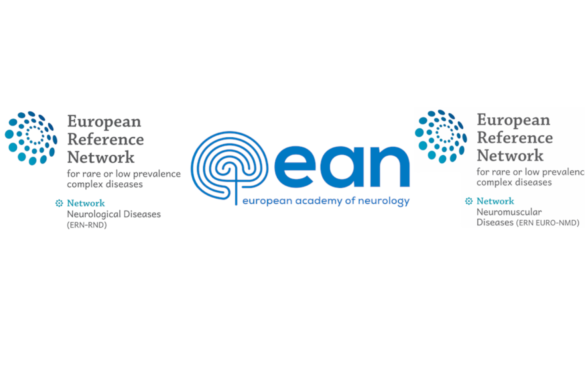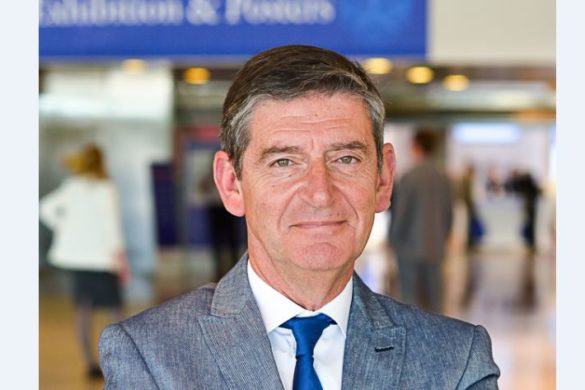Finland, officially the Republic of Finland (in Finnish: Suomi), is the northernmost and the most sparsely populated country in the European Union. By size, it is the fifth-largest country in Western Europe with its 338,440 km² of land, and with a population of 5.5 million (16 persons/km²). Politically, Finland has been a parliamentary democracy since its independence 1917, after having been a grand duchy of Russian empire for 108 years and prior to that a part of Sweden for 600 years. Most of the population speak Finnish, a Finno-Ugrian language, as their mother tongue (approx. 89 %), whereas over 5 % speak Swedish as their first language, and a small number in Lappland speak Sami. Overall, the number people speaking some other language has been on the rise recently as a sign of gradually increasing diversity. Geographically, the neighbouring countries are Sweden in the west, Norway in the north-west and north-east, Russia in the east, and Estonia in the south right across the Gulf of Finland. The capital Helsinki is the largest city (with 630 000 inhabitants; the whole metropolitan area with 1.5 million). The territory of Finland is well known for its natural, peaceful northern beauty, the world-record number of lakes and islands, endless forests (more than 70 % of the total area), and for having all four seasons with their distinct, changing faces. At the societal level, the Finnish community has long been typified of high level of education and academic achievement, mostly perhaps in the field of technology, especially information technology. The field of medicine is no exception to the high academic level.
There are five medical universities in Finland, and they form the centres of tertiary care for larger medical districts: the largest medical university has been Helsinki University (year of foundation 1640, originally in Turku; at present, the number of basic students of medicine and odontology exceeding 1000, number of residents 2000, and doctoral students over 1400), University of Turku (1920; approximately 2000 students), the growing University of Eastern Finland with its faculty of medicine situated in Kuopio (1972), and the northernmost university of Oulu (19 ) with over 1500 undergraduate students of all health sciences, and up to 400 postgraduate students. The degree of ‘lääketieteen lisensiaatti’ (equals ‘MD’; usually 360 ECTS) entails a six-year period of study. The language of study is Finnish apart from Helsinki University where medical education is given also in Swedish.
Health care system in Finland provides its population universal healthcare which is publicly funded (Health Insurance Fund). This form of social insurance covers the cost of health service regardless of the magnitude or the sum the person has paid in social tax. Apart from the three-level public system there is the considerably smaller but thriving private sector offering both outpatient and inpatient service. The Ministry of Social Affairs and Health has the highest authority in decision-making, but municipalities (often working as joint federations) have been responsible for providing healthcare to the residents. The systems of social service and health care are undergoing a profound change through a unifying structural reform, after which they are no longer municipalities but specially defined service districts that provide the services, in order to maintain the quality and secure equal rights to health care and social welfare. Still, the communities will retain an active role in the provision. The reform is planned to be finished by 2019.
The focus of health care policy in Finland has long been in health promotion and preventive medicine, with long traditions of collective screening of pregnant mothers, babies and children, which has led to improved health on the population level through decades, exemplified by record-low infant mortality. Recently, the electronic health records have become highly developed as well: the nationwide integrated system provides a unitary record for every citizen enabling them to access their own data, and electronic prescriptions are widely in use.
In general, the Finns seem to be very satisfied with their healthcare, the quality of which is considered good. According to a recent survey, up to 9 out of 10 respondents were satisfied, tallying with previous polls within EU countries showing far higher percentage of positive response in Finland compared to EU average.
Board-certified neurologists in Finland are 433 altogether, and 347 of these are of working age. This gives a ratio of 6.3 practising neurologists per 100 000 inhabitants. Of these neurologists, 213 are female. Certification is acquired through specialization at any of the five medical universities. The six-year period of specialization is divided into a basic section of two years, and a specializing section of four years. At least half of the time should be spent outside the tertiary clinic, and of the basic section, 9 months should be spent working at the health centre (primary care), the rest consisting of freely chosen periods on certain specialities (e.g. internal medicine, emergency medicine, child neurology, clinical neurophysiology, geriatrics, neurosurgery, physiatry, rehabilitation medicine). There may be only slight variation depending on the university; in all cases, a personal learning plan is created with the student, and the progression during the course of time is recorded in a personal logbook. A certain amount of tuition hours and leadership education are included, and all students need to pass a theoretical state examination before certification.
The Finnish Neurological Society (Suomen Neurologinen Yhdistys r.y.) was founded in 1961 to aid and propagate development of neurology and related specialities (neurology, neurosurgery, neurophysiology, child neurology, neuropathology, neuroradiology) and work as a unifying platform for them in Finland. At present, the society has 519 members, and it is presently chaired by professor Risto O. Roine (neurology) from the university of Turku. The society has been very active on the national level in making motions, giving expert statements and advice for guidelines, arranging neurological education, as well as on the scene of international collaboration.
The history of neurology in Finland is long and could be started from 19th century with Ernst A. Homen, a versatile scientist and a student of Charcot and Ranvier. Suffice it to say in a very short overview that up to this day the path has led to many successes and a wide base of neurological research extending to many cities and corners of the country. Among the successes may be counted the improved treatment of stroke including acute treatment and prevention, which is clearly shown in the stroke mortality trends in Finland; intensive research of neurodegenerative disease and epilepsy (especially in Kuopio), innovations in neuropharmacology of movement disorders, to name just a few.
The department of Neurological Sciences at the Helsinki University, combining the practices of Neurology, Neurosurgery, and Clinical Neurophysiology is part of the Institute of Clinical Medicine. The present chair of the department is prof. Timo Erkinjuntti, the vice chair prof. Perttu J. Lindsberg. The teaching is given in close association with the clinical departments. The department of Neurology is chaired and led by Assoc. Prof., neurologist Nina Forss. Specifically for the division of neurology in Helsinki, it involves a large body of neurologists (up to 80), residents and seniors, with versatile research interests. Overall, there is a good collaboration and networking with neighbouring specialities, other domestic and overseas universities, and especially with basic science. Many units of basic science are located on the same campus in Biomedicum (hosting Biomedicum Scientific programmes, teaching and research facilities). The collaboration with the neurosurgeons is going to improve further in the future: having been located a mile apart, they will be hosted in a new emergency building, enabling a better focusing on the ER services together with neurology.
Of the neurological research traditions in Helsinki, stroke medicine has been the strongest over the years, especially due to the groundbreaking work of the preceding professor of Neurology Markku Kaste. Integral figures have also been profs. Turgut Tatlisumak (now in Gothenburg, Sweden), and Perttu J. Lindsberg, and good collaboration has been provided by other universities and centres as well as independent effort to establish a better functioning stroke networks on a national level. Stroke research is conducted further by several prolific neurologists of the younger generation such as Adj. Profs. Daniel Strbian, Jukka Putaala, and Atte Meretoja.
Many other strong fields of neurological research prevail in Helsinki: cognitive neurology (Prof. Erkinjuntti), neuroimmunology (Prof. Pentti Tienari), molecular neurology of mitochondrial diseases (prof. Anu Wartiovaara), functional imaging & pain (Adj. prof. Forss), migraine and its genetics (prof. Färkkilä, Adj. prof. Kallela), early development of brain activity (prof. Vanhatalo), DBS (Adj. prof. Pekkonen), and many others.
Why should people come to Finland…for visit – or even to work? Well…Finland is after all a very, very special place – at least judging from the information that can be elicited from the international media. The first country in the world to make internet a legal right (2010). Country with people who do not talk much (?) – but whom you can count on, with lowest rate of corruption in the society (on the other hand, the highest number of escapes from prison!). People with weirdest of sports (e.g. wife-carrying or air guitar world championships, rubber boot or mobile phone throwing, swamp football…). But also with the most Olympic medals per capita in the more conventional sports. As well, the most heavy metal bands per capita (thank God, also Sibelius and plenty of quietude if you do not care to listen to them). People with highest consumption of coffee per capita – but also, that of milk, despite high prevalence of lactose intolerance, strangely enough. A country with such a deep-rooted sauna culture that there are more saunas than cars. And summer cottages. Free education. People who revere the surrounding natural beauty enough to recycle 9 out of 10 plastic bottles as well as most of their glass bottles. Developers of SMS, Linux, heart-rate monitors, Angry Birds…
Come and see. The beauty of the Finnish nature, the midnight sun… some newcomers even defy the formidable language, conquer it, and become – neurologists. Not a bad choice, at all.




